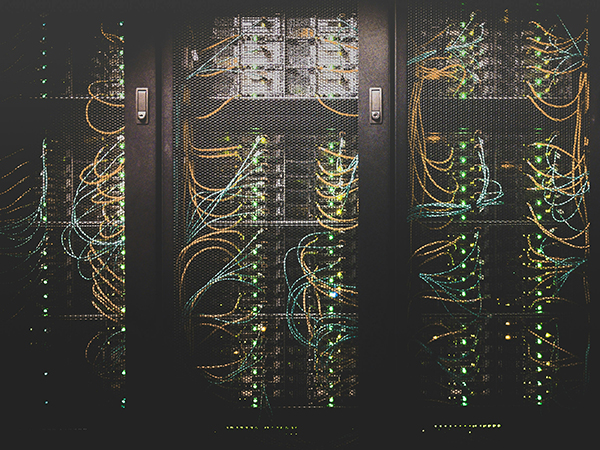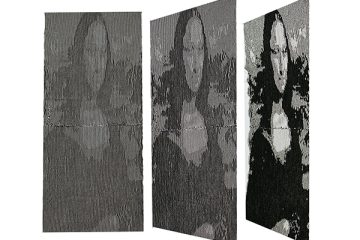Our researchers are driving innovation across the entire hardware, software and network stack to make computer systems more reliable, efficient and secure.
From internet-scale networks, to next-generation chip designs, to deep learning frameworks and more, we build and refine the devices and applications that individuals, industries and, indeed, entire economies depend upon every day.
Groups & Labs
Accessible Accordion
Areas of Expertise
Societal Impact
Results will appear in alphabetical order.
Bespoke Silicon Group
The Bespoke Silicon Group aims to bring hardware design to its highest art and rapidly conceive of, design and implement entirely new kinds of hardware faster than has ever been done before.

Computer Systems Lab
The Computer Systems Lab works on research covering a number of areas in operating systems, distributed systems, computer architecture and security.

Cryptography Research Group
The Cryptography Group advances the foundations and applications of cryptography, including public-key and symmetric cryptography, obfuscation, attribute-based and functional encryption, secure multi-party computation, quantum cryptography and more.

Database Group
The Database Group advances both theoretical and systems work in probabilistic databases, stream processing, sensor-based monitoring, databases and the web, XML, image/video data management, data management for machine learning, data mining and more.

Information and Communication Technology for Development (ICTD) Lab
The ICTD Lab explores how technology can improve the lives of underserved populations in low-income regions through research spanning HCI, systems, communication and data analytics.

Interactive Data Lab
The Interactive Data Lab aims to enhance people’s ability to understand and communicate data through the design of new interactive systems for data visualization and analysis.

Molecular Information Systems Lab (MISL)
MISL explores the intersection of information technology and molecular biology using in-silico and wet lab experiments, drawing upon expertise from computer architecture, programming languages, synthetic biology and biochemistry.

Programming Languages & Software Engineering Group (PLSE)
The Programming Languages and Software Engineering Group advances fundamental research and practical applications in programming environments, program analysis, language design, synthesis, compilers, testing, verification and security.

Quantum Group
The Quantum Group does research on a variety of topics in quantum information and computation (primarily on the theory side), including quantum complexity theory, error-correction, cryptography, algorithms, and learning.

Sampa
Sampa is an interdisciplinary computer architecture group whose research crosses multiple layers of the system stack, from hardware to programming languages and applications, motivated by new device technologies and applications.

SAMPL
SAMPL is an interdisciplinary machine learning research group exploring problems across the system stack, including deep learning frameworks, specialized hardware for training and inference, new intermediate representations and more.

Security and Privacy Research Lab
The Security and Privacy Research Lab works on a variety of topics, ranging from studying and addressing security and privacy risks in existing technologies, to anticipating future risks in emerging technologies.
Highlights
Allen School News

A team of Allen School researchers introduced computational illusion knitting — a design framework that helps automate the process, making illusion knitting more accessible and allowing for more complex and multi-view patterns like hidden Mona Lisas that were previously believed to be impossible.
Agents of Tech

Nivala, co-director of the Molecular Information Systems Lab (MISL), discusses the groundbreaking potential of DNA-based data storage and its role in the future of AI.
GeekWire

OctoAI, a UW startup that sells tools to help build and run generative AI models more efficiently, has been acquired by chip giant Nvidia. Allen School professor and OctoAI co-founder Luis Ceze joined Nvidia following the deal, which is the latest AI-related acquisition for the chipmaker.
